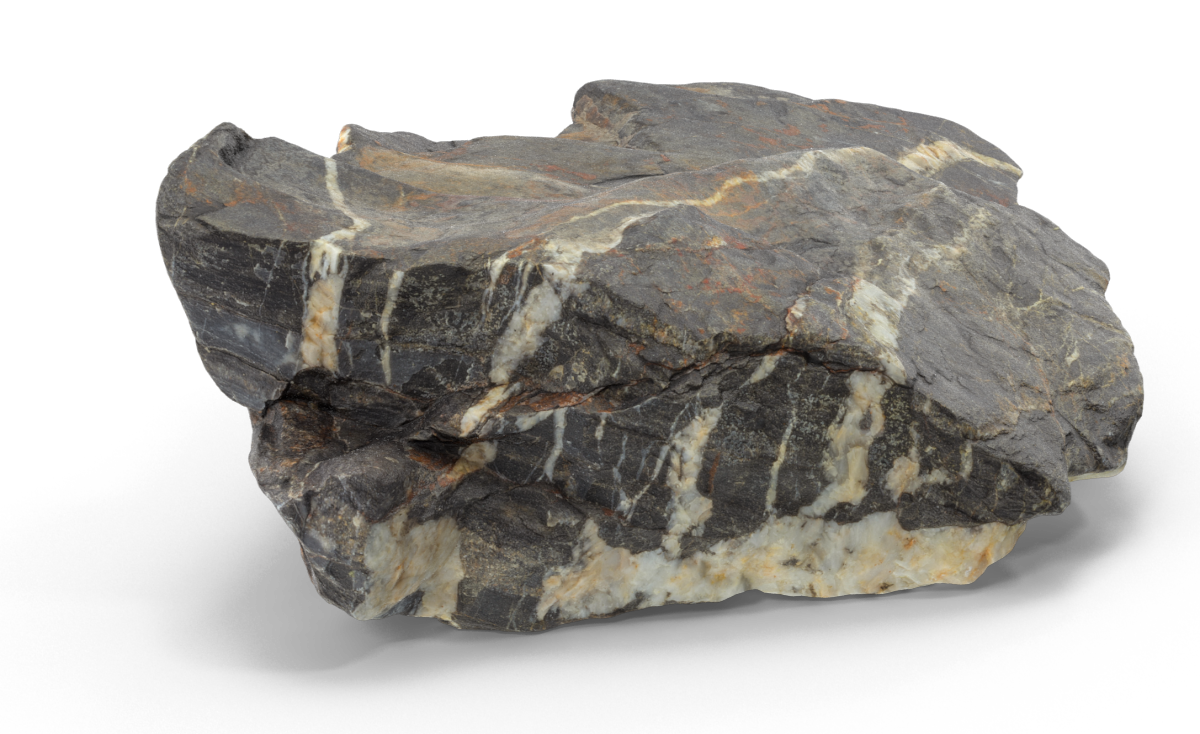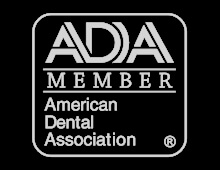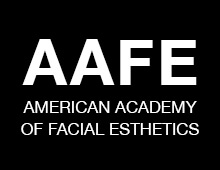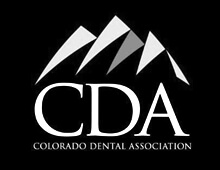If Invisalign Causes Jaw Pain, What Should I Do?
While dental and orthodontic patients may think Invisalign causes jaw pain, or TMJ, it is important to know that studies have been conducted to prove there is no relationship between TMJ and Invisalign. If you are considering Invisalign in 2021 you can be rest assured your Lakewood, Colorado Invisalign treatment will not cause jaw pain or TMJ. Let’s discuss more about the jaw and why you may be having pain. Note that patients that already have TMJ or jaw related pre existing conditions should not start an Invisalign treatment plan.
The temporomandibular joint connects the jawbone to the skull. When this joint is injured, a disorder known a temporomandibular joint or TMJ syndrome occurs. While the exact cause of TMJ is a challenge to pinpoint, this condition may arise because of arthritis, a jaw injury, bite problems, poor habits, and/or genetics.
Fortunately, TMJ pain and discomfort can be alleviated with a variety of conservative treatments. Some of these treatments include pain relievers, sedatives, muscle relaxants, and antidepressants. Patient education and physical therapy may also be viable treatment options. Surgery is only required for the most severe cases of TMJ. Dr. Brian Levitin is considered an expert in the dentistry field and is often cited for his knowledge as it relates to the temporomandibular joint and TMJ. Dr. Levitin has been able to help hundreds of Lakewood, Colorado patients enjoy life with less pain in the jaw. Overall oral health is not simply having straight and strong teeth.
Invisalign Does Not Cause Jaw Pain or TMJ
Several patients at Mile High Smiles have asked whether Invisalign can lead to jaw pain or TMJ. The good news is that studies have proven that there is no link between Invisalign and TMJ. However, since Invisalign has the power to change your bite, it may worsen TMJ.
If you are facing jaw pain or TMJ with Invisalign, you should consult Dr. Levitin at our office right away. Since Invisalign’s manufacturer suggests that orthodontists do not place Invisalign on patients with jaw pain or TMJ symptoms such as fatigue, headaches, jaw popping, and ear pain, Dr. Levitin may decide to stop Invisalign treatment.
Before starting any Invisalign treatment in Lakewood, Colorado or anywhere in the United States, it is imperative to contact a professional orthodontist. There are a number of “at home” apps and kits that are on the market these days but many of these services do not include consistent visits to the orthodontist. An orthodontist or dentist can diagnose your issues and could potentially save you a lot of pain and money by addressing these issues before you start orthodontic or Invisalign treatment. Pensacola Invisalign orthodontist Dr. Clay Sims always urges anyone considering Invisalign to contact their local orthodontist or dentist before going down the rabbit hole of research.
Experiencing Jaw Pain or TMJ? Contact Mile High Smiles Today
If you are coping with uncomfortable jaw pain or TMJ, we encourage, contact our Denver area office today at 303-232-1830. Dr. Levitin will evaluate your condition and inform you of next steps.
